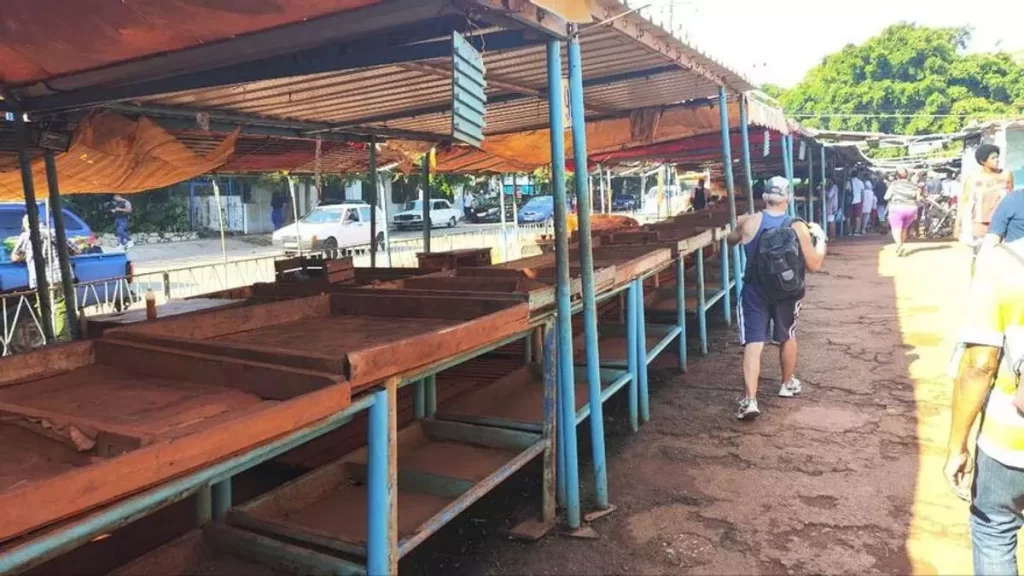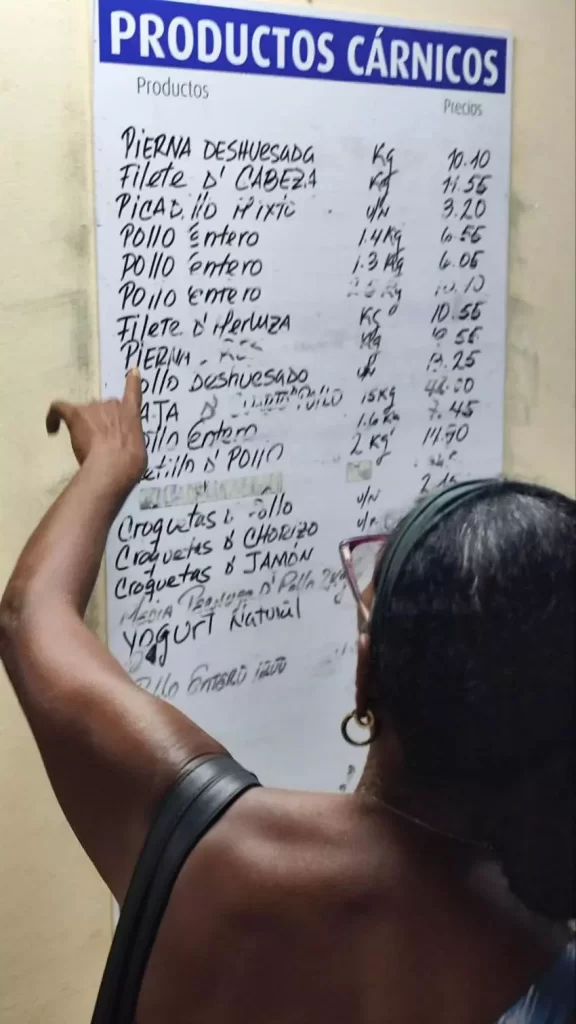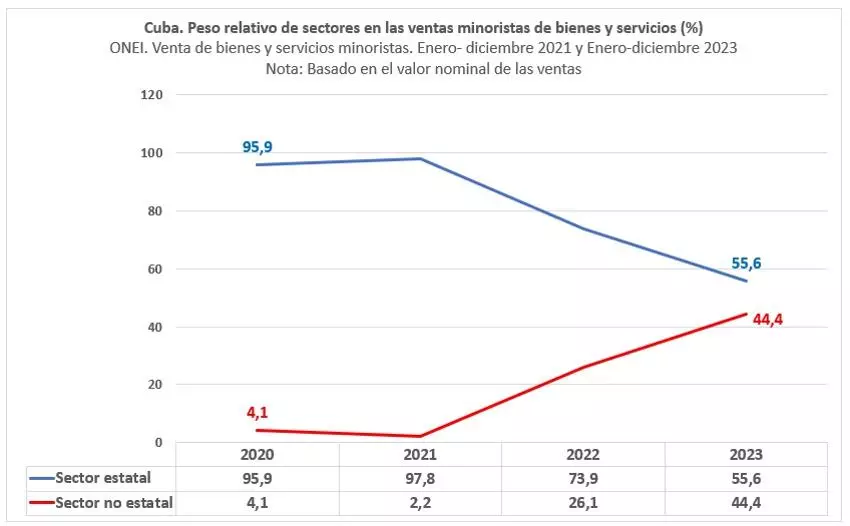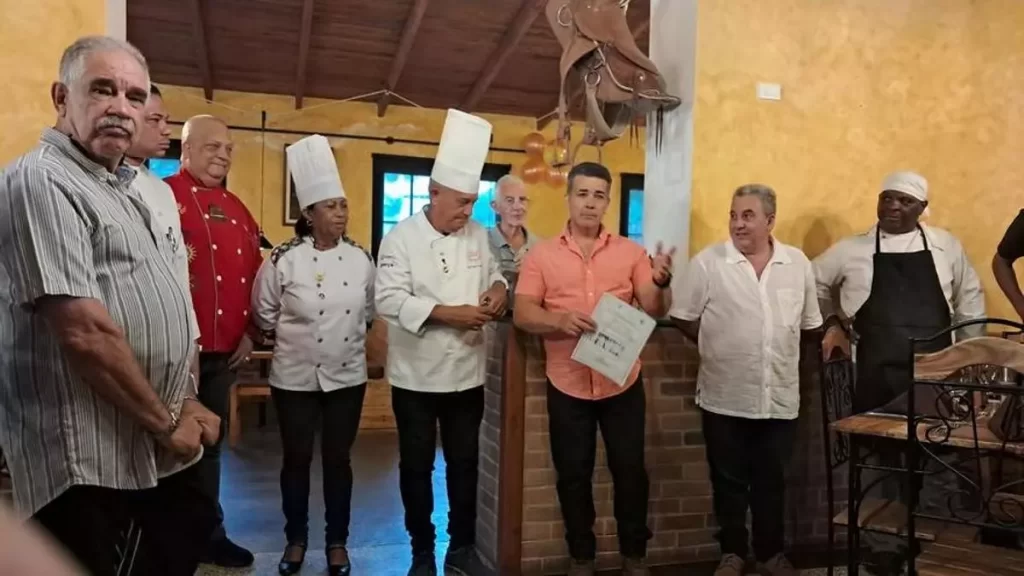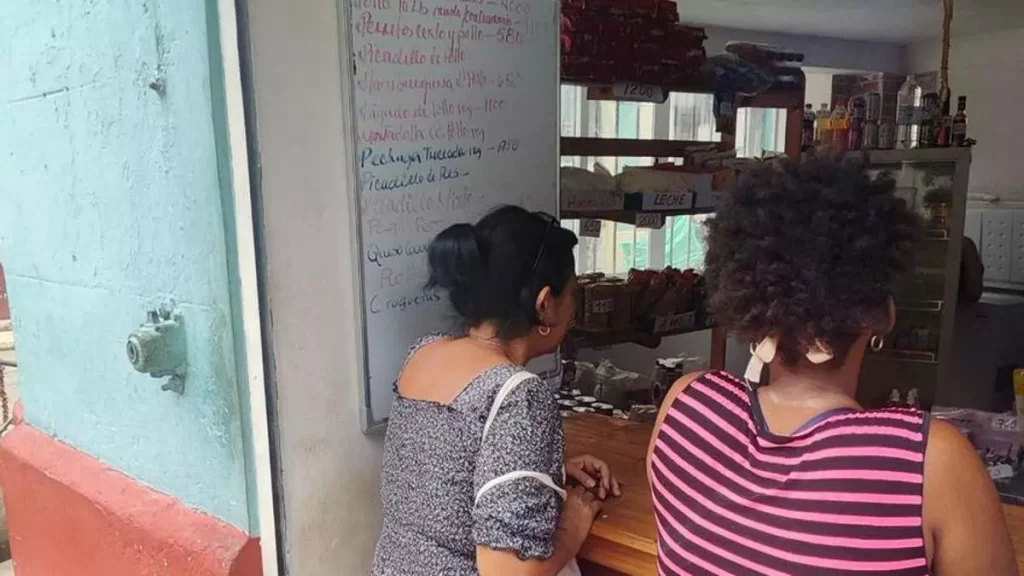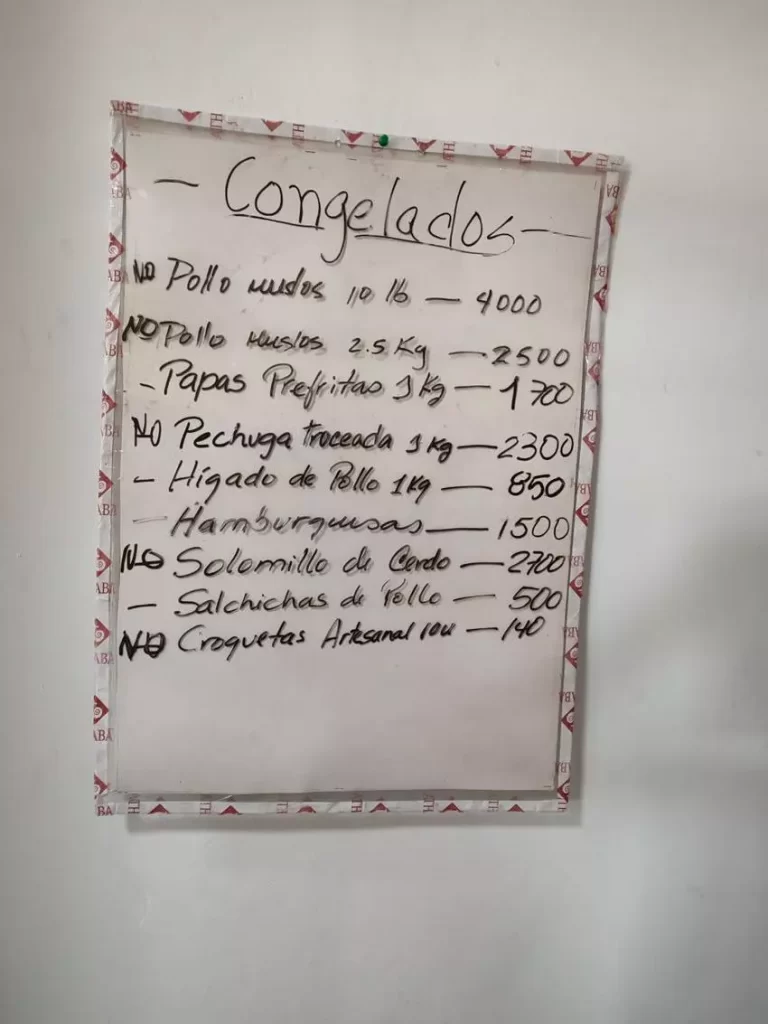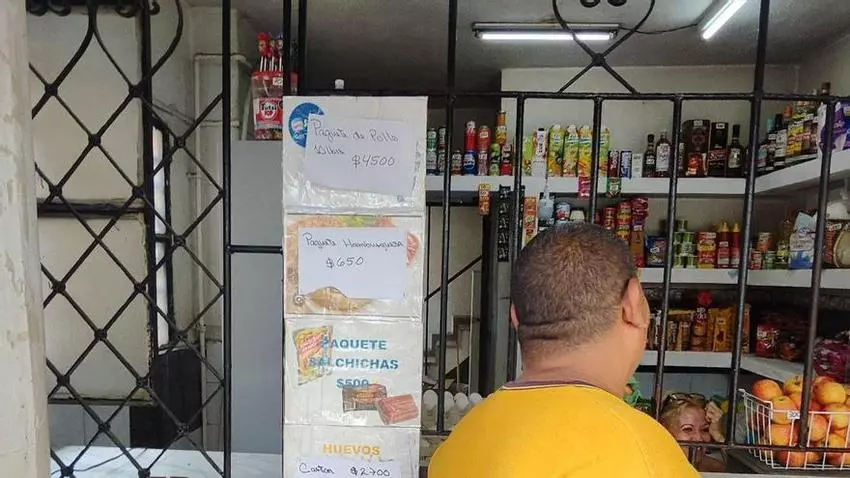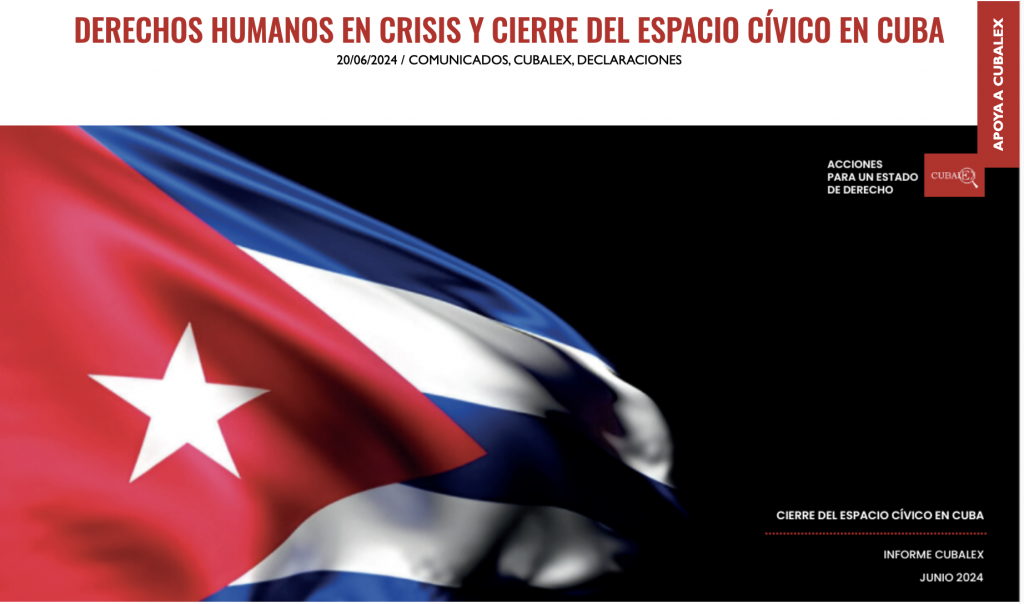“You have to take an aspirin when you drink Bucanero because it gives you a terrible headache.”

![]() 14ymedio, Madrid, 17 June 2024 — Cubans do not like their own country’s beer, which is both more expensive and not as good as the imported brands. This helps explain why the island is the second largest overseas market for Spanish brewers. In 2023, 20% of their exports went to Cuba, right behind Portugal at 22% and well ahead of sales to the United Kingdom and France. The figures come from the “2023 Socioeconomic Report on the Spanish Beer Sector,” which was released last week. According to the report, Spanish breweries sold 416 million liters last year, 83.2 million of which were sold on the island.
14ymedio, Madrid, 17 June 2024 — Cubans do not like their own country’s beer, which is both more expensive and not as good as the imported brands. This helps explain why the island is the second largest overseas market for Spanish brewers. In 2023, 20% of their exports went to Cuba, right behind Portugal at 22% and well ahead of sales to the United Kingdom and France. The figures come from the “2023 Socioeconomic Report on the Spanish Beer Sector,” which was released last week. According to the report, Spanish breweries sold 416 million liters last year, 83.2 million of which were sold on the island.
Jacobo Olalla Marañón, general director of the Spanish Brewers’ Association, which produced the report, told “El Independiente” that private companies have clearly been key to this expansion into the Cuban market. Their dramatic increase in market share began in 2021, when sales of Spanish beer grew 62% over the previous year. They skyrocketed 196% in 2022 and another 193% in 2023. continue reading
Spanish breweries sold 416 million liters last year, 83.2 million of which were sold on the island
Olalla Marañón attributes this growth to expanded trade opportunities following Cuba’s relaxation of import restrictions in 2020, which he says have allowed beer and a wide variety of other goods to be brought into the country.
While there have been no new regulatory changes in the interim that specifically deal with foreign trade, Cuba did adopt legislation authorizing the creation of small and medium size private companies (MSMEs). This coincided not only with the Covid-19 pandemic but also with the precipitous fall of the country’s already meager domestic beer production, which has aggravated the trade imbalance.
“The growth of tourism in Cuba has [also] stoked demand for beer in a country where Spanish hospitality companies have a strong presence,” he somewhat erroneously adds. While the latter assertion can indeed explain the phenomenal growth in sales, Cuban tourism has grown only in relative terms since 2020, when the entire sector was shut down due to the pandemic and was starting from zero.
At that point, tourism had nowhere to go but up. It is still a far cry from where things were in 2018, for example, when Cuba had a record 4.6 million visitors from overseas. Subsequent signs of recovery have been very weak, with fewer than 600,000 tourists in 2021, 1.6 million in 2022 and 2.4 million in 2023. Meanwhile, most of the major players in the international tourism industry have fully recovered or surpassed their pre-pandemic levels.
Spanish beer imports arrived in the midst of a precipitous decline in domestic beer production. In 2023, the island produced 124,570,000 liters, more than the 81,600,000 in the previous year and a little more than the 100 million in 2021. Nevertheless, this was only half of what was produced before the pandemic. Cuba produced 264,680,000 liters of beer in 2018 and 258,690,000 liters in 2019. Even in 2020, the first year of the pandemic, the island’s breweries churned out 149,600,000 liters. Data from the National Office of Statistics and Information (ONEI) shows that imports from Spain have grown in relative proportion to the decline of the domestic industry itself.
Data from the National Office of Statistics and Information (ONEI) show that imports from Spain have grown in relative proportion to the decline of the domestic industry itself
Sales figures and customer preferences indicate that domestic beer production has not recovered since the pandemic. With fewer tourists willing to pay more for something with a “Made in Cuba” label, and with new opportunities for importing better quality products, domestically produced beer has lost ground.
Cubans are the primary market for the locally produced products but beer fans tend to reject the local product because the “unstable” quality of the water affects the taste of Cuba’s Cristal and Bucanero brand beers. “You have to take an aspirin when you drink Bucanero because it gives you a terrible headache,” says one consumer who has switched to the Spain’s Mahou beer.
As part of measures to stimulate domestic production, Cuba introduced a special tariff on tobacco and alcoholic beverages and tobacco, with an exemption for beer, at the beginning of this year. In April, however, a new tax was levied on imported beer, though one that is 10% lower than on beverages with higher alcohol content. Instead of the 10% general tariff and 5% for the most-favored-nation tax they had been paying, importers must now pay 20% and 10% respectively (30% and 15% in the case of cigarettes, rums and other spirits). We will have to wait until next year to find out what repercussions of this tax increase will ultimately have but consumers have already noticed an increase in the price of domestic beer as well.
Meanwhile, Bucanero is hoping to improve production thanks to a four-million-euro investment by the Italian automated bottling company Comac. The plan is to design and build a new plant in Holguín to produce barrels with the goal of doubling production of its existing factory, which it has operated in the province since 1990. The factory now operates as a public-private partnership with the Canadian company Cerbuco, a subsidiary of the Belgian company Interbrew N.V. According to government press outlets, it currently produces two million liters of beer a month.
____________
COLLABORATE WITH OUR WORK: The 14ymedio team is committed to practicing serious journalism that reflects Cuba’s reality in all its depth. Thank you for joining us on this long journey. We invite you to continue supporting us by becoming a member of 14ymedio now. Together we can continue transforming journalism in Cuba.







